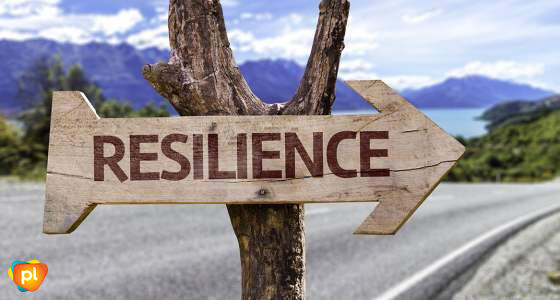
Like anyone else, people living with HIV grapple with many things in life. For some these things include judgement, stigma and discrimination. I recently heard that an ambulance officer attending a person who disclosed he was HIV positive, blurted out – “how did you get it?” This is not an uncommon question. How anyone becomes HIV positive is no one else’s business but the person living with HIV. Nevertheless, this needless intrusive question comes from those we least expect to pry.
An Aboriginal woman I recently spoke with lives in fear of her community knowing her very painful secret. She is fearful of being stigmatised because of how she caught HIV. As she said, “it’s embarrassing but people want to know.” I wondered to myself about the burden she was obviously carrying and how unfair that was. If she had cancer there would be a completely different response. Her level of vigilance and caution has severe impacts on her health, like many other HIV positive people living in rural and regional areas in small communities.
Most HIV transmissions are passed on during sexual intimacy that doesn’t always fit within what others see as the ‘norm’. Heterosexual, homosexual or bisexual, we lock people into stereotyped boxes of sex and gender. The more we define, the tighter the box gets and the greater the likelihood of treating people as different or ‘other’. Along the continuum of sexual orientation, the reality is we are all at risk of being marginalised by another group of people.
Sometimes people will choose to live a lie for fear of being thought of in a stigmatising way. This isn’t just HIV causing this. It is misinformed and ignorant people judging other people and discrimination, pure and simple. The worst of this is what I call ‘homogeneous discrimination’, or ‘like discriminating against like’. For example, gay people against gay people or straight people against other straight people. If you’re bisexual or transgender, this experience is a very isolating experience. The truth is there is always someone living with HIV not very far from you. You just won’t know.
There is still a perception that having HIV will mean our lives, relationship or career will end, that we will never have sex again, and that we won’t be able to have children. These are all myths of living with HIV today and we need to dismantle them.
I have met people who contracted HIV and became the very thing they once discriminated against. Some people feel an added burden of shame contracting HIV. They feel they have let down the dreams and aspirations of loved ones particularly if they are gay and from an Asian culture, or do not provide grandchildren to ageing parents in the traditional sense. Is it any wonder that people living with HIV who are living under these pressures and keeping this secret while living with the fear of disclosure, are at increased risk of depression, ill-heath and even suicide?
I recently listened to a woman’s story of domestic violence where HIV became the weapon used in the battle for custody of her children and her freedom. Is it any surprise that we still have people in the community who deny their risk and avoid getting tested? Treatments are so effective today, that in the event of a positive diagnosis, we know if you start medication immediately you have the opportunity for a full and rewarding life.
While we frequently talk about HIV as a chronic manageable condition, and this is the case for 40% of people living with HIV in NSW, there is also a small but significant group of older people who have not benefited fully from HIV treatment. Some have stopped work because of illness, live in poverty and social isolation and at times are close to giving up and disengaging in treatment and care. You could call it passive suicide.
Let’s acknowledge we have members of our community who are struggling. Increasingly we need to address the emerging problems of age, of multiple health problems, and of poverty and loneliness. We need to stop pretending that everything is going to be okay and face the reality that not all people living with HIV are doing as well as we might want to believe. If you are experiencing any of these thoughts or being treated badly, know that you are not alone and that there is no shame in reaching out.
While I long to remove the pressures of culture, religion and beliefs that are the perpetrators of the pain of stigma and the drivers of discrimination, in the meantime, let’s continue to build the resilience of our community. For our peers who haven’t been able to fully benefit from medical and economic progress, we must continue to value them and ensure they live out their lives in a meaningful and inclusive way. We owe it to ourselves to ensure that whether diagnosed 35 years ago or diagnosed today, nobody living with HIV is left behind.
If you want support from a positive peer, you can call Positive Life NSW on (02) 8357 8386, 1800 245 677 (freecall outside metro) or email contact@positivelife.org.au
One Comment
Comments are closed.







Gorgeous soul you are :)
I think a lot of the fear from the mainstream community is just pure ignorance; they simply don’t know how HIV is contracted or what it means to have HIV.